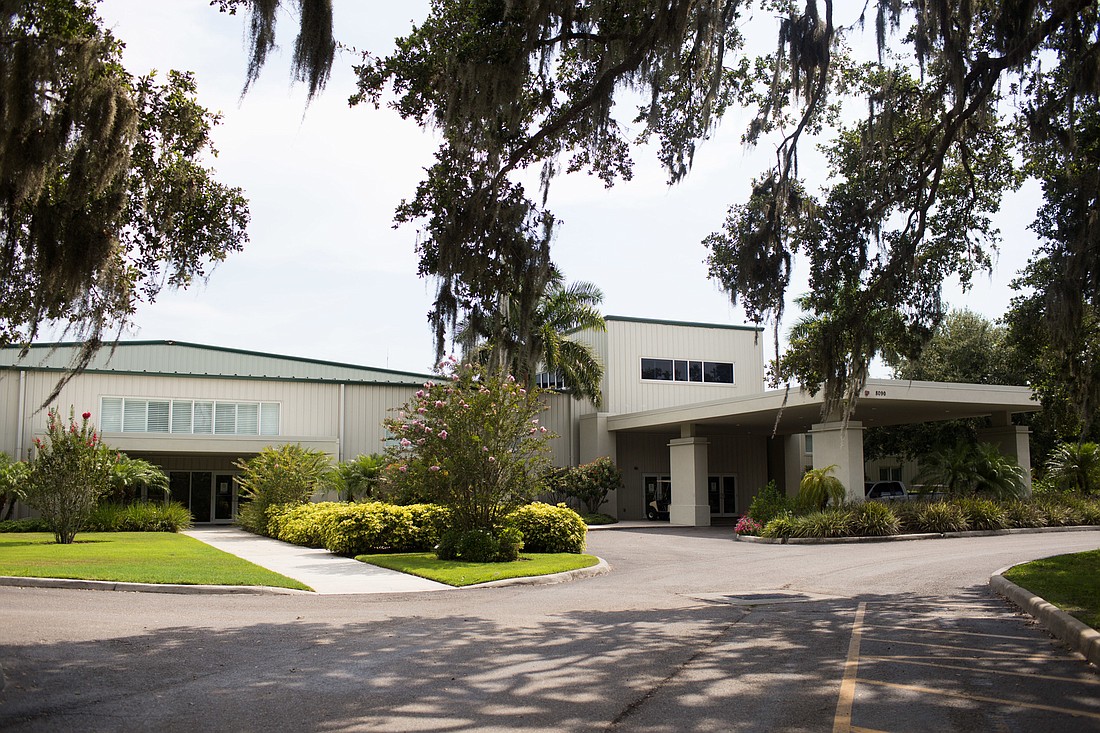- May 16, 2025
-
-
Loading

Loading

LeRoy Collins Institute just released a new report on public charter schools in Florida. After examining standardized test scores and racial and economic stratification in public charter schools and district-run schools in the state, the authors conclude that Florida’s public charter schools are “not as good, or as bad, as advertised.” But this ambiguous conclusion is unwarranted. Here’s why.
The authors report that Florida public charter schools are “not less racially diverse” than district-run public schools. That conclusion is misleading because public charter schools serve higher proportions of minority students than district-run public schools in Florida. Specifically, the report’s data show Florida’s public charter schools serve a 9 percentage point higher proportion of Hispanic students and a 7 percentage point lower proportion of white students. Both sectors served about the same proportion of African American students.
The report also states that “charter school students are much more likely to be in a highly segregated school,” defining “highly segregated” as schools having “90-100% nonwhite” students. But Florida’s public charter schools are generally located in areas with higher proportions of nonwhite populations, so this finding is not very informative. More-rigorous studies of racial integration in public charter schools compare populations of students in public charter schools to a more appropriate comparison group: nearby district-run public schools.
Either way, the word “segregation” is problematic because the government does not force anyone to attend a public charter school. No one would say a historically black college or university “segregates,” for example, because the schooling selection is voluntary. We should refer to this type of sorting as “stratification” because racial minorities are voluntarily selecting public charter schools.
It is true the authors did not find any evidence of differences in standardized testing proficiency rates between sectors. However, a 2019 report from the Florida Department of Education just found that “students in charter schools outperformed their peers in traditional schools in nearly every category“ of those tests.
And several studies published in academic journals have found that competition from Florida’s public charter schools increased math achievement in district-run schools. In that sense, even the most rigorous studies comparing students in public charter schools to their peers in district-run public schools systematically understates the true benefits of school choice. School choice is the rising tide that lifts all boats.
A rigorous 2016 study, published in the Journal of Policy Analysis and Management, also found that access to public charter schools in Florida substantially increased the likelihood of graduating from high school and persevering in college.
And these benefits from public charter schools come at a fraction of the cost. A 2014 analysis by the University of Arkansas found that Florida charter schools receive about 21% less funding per pupil than district-run public schools.
More importantly, though, the data reported by the LeRoy Collins Institute suggest that public charter schools are in much higher public demand than district-run public schools. The number of students in public charter schools grew by 167% between 2008 and 2018. Enrollment in district-run schools grew by only 8% over the same period. The Foundation for Florida’s Future estimates that more than 100,000 students’ names are on charter school waitlists across the state.
If public charter schools are “not as good as advertised,” then why are families flocking to them year after year?
It might be because the LeRoy Collins Institute report doesn’t show the entire picture. Families choose schools for a variety of reasons that crude test score metrics cannot capture. Parents want their children in safe schools that meet their academic, cultural, and behavioral needs.
Surely the fact that parents are seeking out charter schools, forming queues on waitlists, and coming back year after year demonstrates perceived value. Those families’ choices tell us that charter schools are meeting their children’s needs in Florida year after year.
Dr. Corey DeAngelis is the director of school choice at Reason Foundation and executive director at Educational Freedom Institute. Dr. Adrian Moore is the vice president of policy at Reason Foundation.